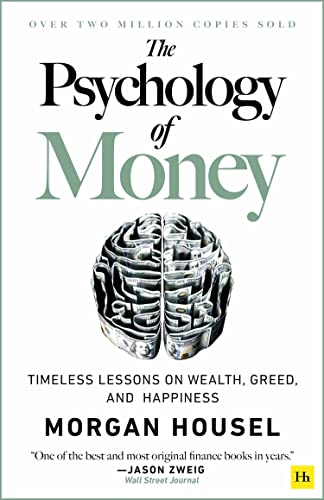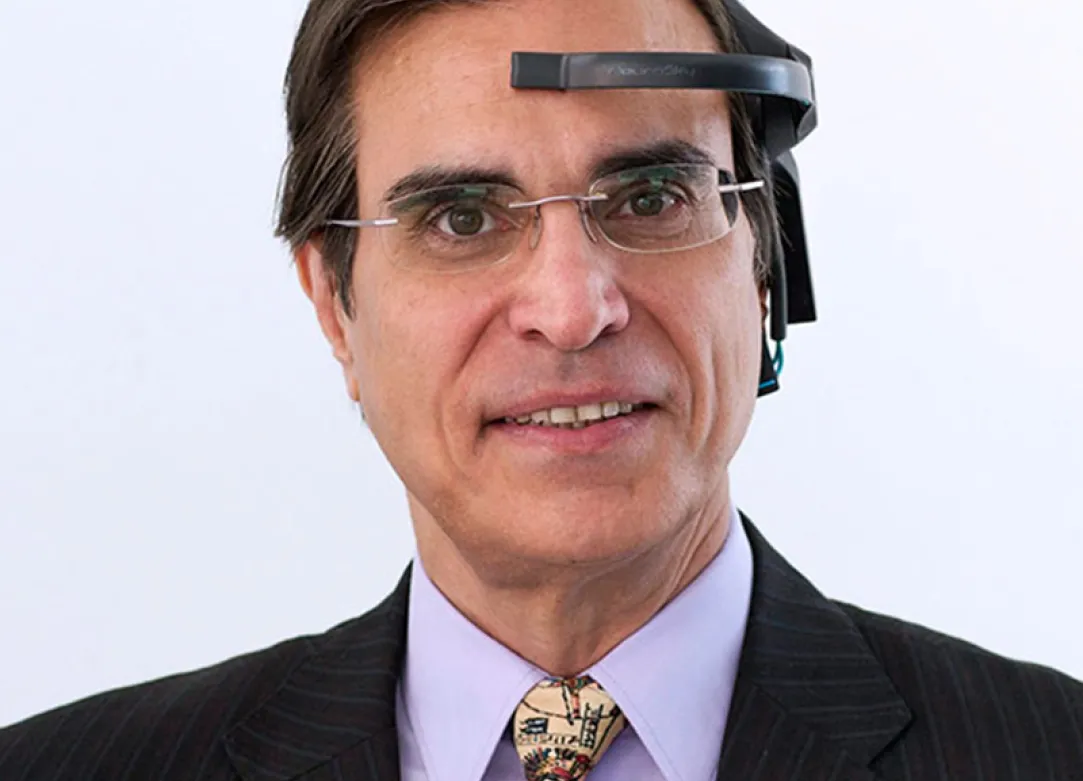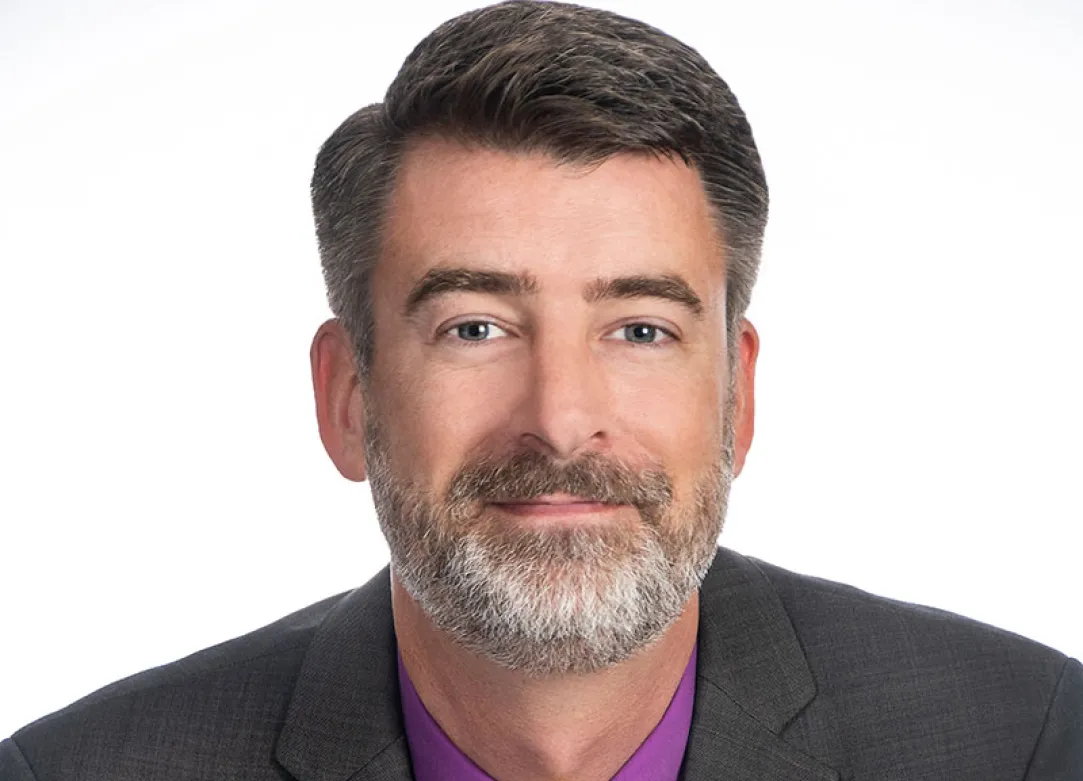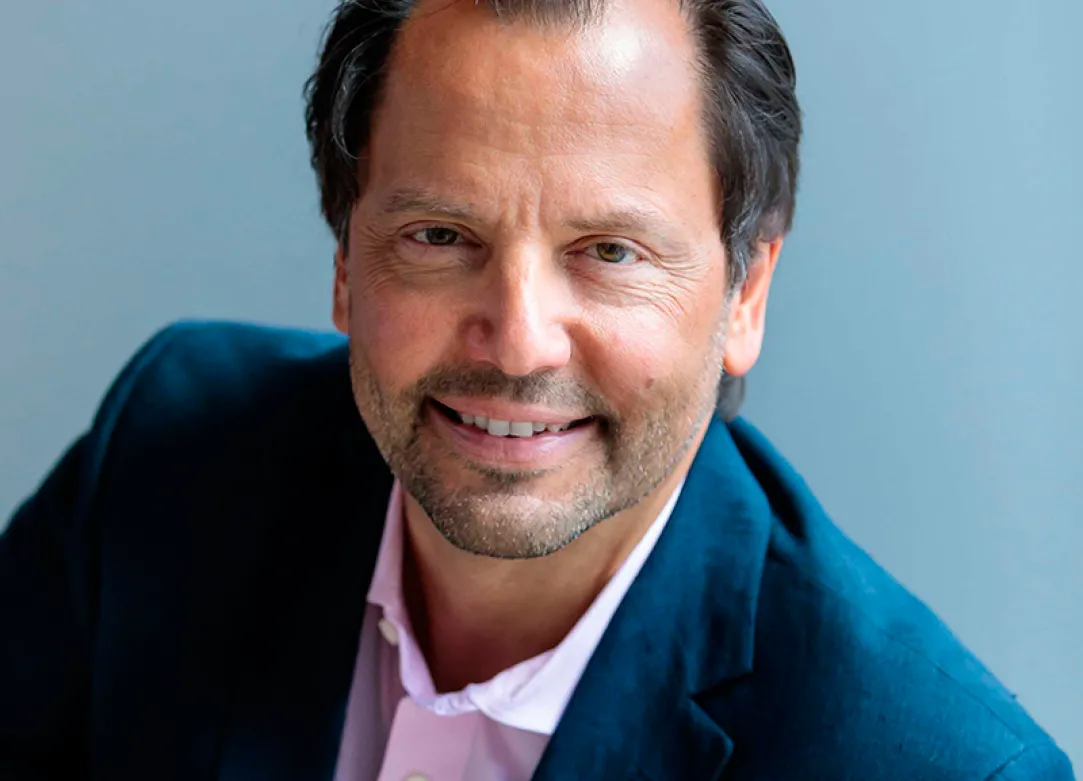Morgan Housel is a partner at Collaborative Fund and a former columnist at The Motley Fool and The Wall Street Journal.
His book The Psychology of Money has sold over two million copies and has been translated into 53 languages.
He is a two-time winner of the Best in Business Award from the Society of American Business Editors and Writers, winner of the New York Times Sidney Award, and a two-time finalist for the Gerald Loeb Award for Distinguished Business and Financial Journalism. He serves on the board of directors at Markel.
Morgan has presented at more than 100 conferences in a dozen countries. He lives in Seattle with his wife and two kids.





